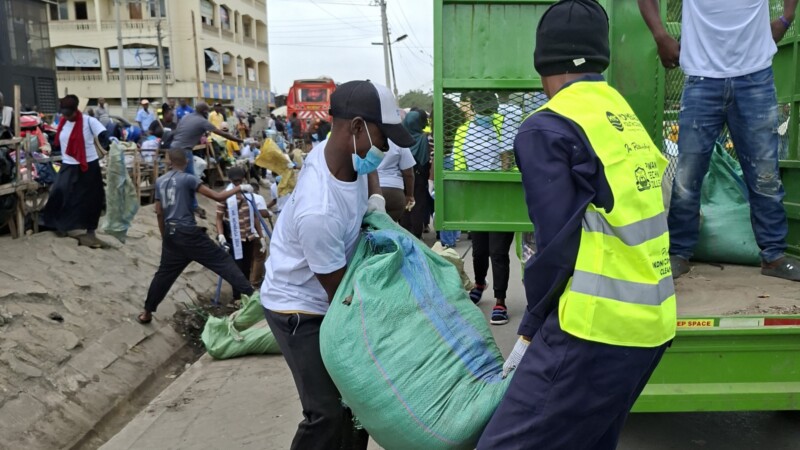According to the annual report by the United Nations High Commissioner for Refugees (UNHCR), if all refugees were to be grouped in one country, it would be the seventh most populous country globally, following Japan. This conclusion is based on the increasing number of refugees worldwide.
The report states that 120 million people, or 1 in every 69 individuals, equating to 1.5% of the global population, have been forcibly displaced from their home countries. Among them, 68 million are internally displaced within their own countries. It is also noted that half of the displaced population are children. Most of the countries producing many refugees include Syria, Ukraine and Afghanistan. These refugees settle in the neighbouring countries.

A pie chart Showing counrties where major numbers of refugees come from.
Initially, the United Nations established the Refugee Convention in 1951 to protect the rights of refugees in Europe after World War II. This convention was expanded in 1967 to address global displacement, covering approximately 2.1 million individuals. However, conflicts in Afghanistan and Ethiopia caused the number of refugees to surge to about 20 million by 1990. The numbers remained relatively stable for two decades until the outbreak of the Ukraine War in 2022, which resulted in the displacement of 5.7 million people within a year.
By the end of October 2023, Kenya had registered approximately 623,500 refugees, with 86% coming from neighboring countries such as Somalia and South Sudan. These refugees primarily reside in Dadaab and Kakuma camps in Garissa and Turkana, making Kenya one of the countries hosting a significant number of refugees globally.
Despite efforts from the United Nations, World Food Programme, national governments, and other organizations, 43.4 million refugees currently require protection, and 6.9 million are seeking asylum. Many face extreme hunger, water shortages, and other humanitarian crises. Additional challenges include resettlement stress, difficulty accessing adequate housing, lack of community support, and limited resources.
Referring to a local example, Stephen, a refugee from South Sudan and a recipient of aid from the World Food Programme, shared his struggles in the Kakuma Camp during an interview with a UNHCR visitor.
"The situation is very bad. We eat once a day and the food can get finished after five days. Some of our people are even thinking of going back home. It is not an ideal solution, but people are desperate."
As the world observes the World Refugee Day,the United Nations Secretary-General Antonio Guterres urged nations to take responsibility for the refugee situation, stating,
"Refugees need global solidarity and the ability to rebuild their lives in dignity."
By: Mapenzi Kitsao


















